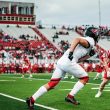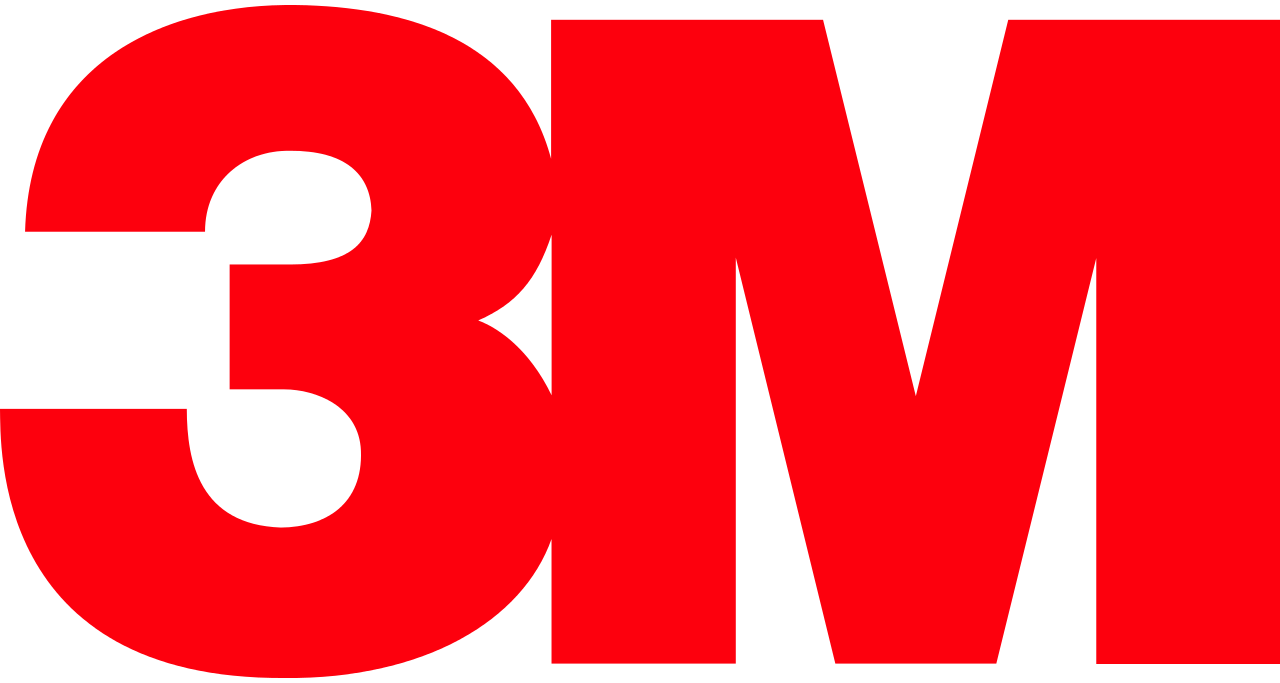CONSUELO MACK: There was an article recently, and a terrific interview with you. It was the weekend interview in The Wall Street Journal, and they portrayed you as a constructive bull, but I think one of the things that you said is that it’s a lot worse in other places than it is in the U.S. So you’re not a raging bull on the economy, but you are constructive.
BOB DOLL: Yeah, I think the line was “best house in a difficult neighborhood.” Look, I don’t want to back into the U.S. by damning everybody else, but it is true. Europe’s got lots of problems. The banking system is weaker there than it is here. Japan is in structural decline, not to mention the issues that are related to the earthquakes and the nuclear problems, and so it’s the emerging markets that are going to carry the day, and I think the U.S. will provide and assist along the way. We have immigration and we have higher fertility rates, and those two things make our population and workforce growth so much stronger than Europe’s and Japan, and that makes me long-term reasonably constructive on the U.S., and then to add to it, as David has already correctly pointed out, valuations are undemanding and are actually, stocks, I would argue, cheap relative to inflation, returns on cash and returns on treasuries.
CONSUELO MACK: So the markets then, and so Bob, how would you characterize yourself as far as your outlook for the stock markets?
BOB DOLL: I think, look, we’ve just exited, in the U.S., recovery and entered expansion. We’re in the early stages of this economic cycle. To think that the equity market would stop here, and that we’ve seen the high already would be so unusual, so I remain constructive. I think we’re in a cyclical bull market that’s being interrupted with this sidewise pattern while we consolidate as a result of the slowdown, but I think we’ll come on again. We’ve not seen the high, so I would be overweight in equities.
CONSUELO MACK: David Darst.
DAVID DARST: Consuelo, we’re fundamentally constructive because the corporations’ profitability, their balance sheets are in phenomenal shape. Credit markets, I think this is an oft overlooked fact right now. Companies are able to borrow in very good terms large amounts at low interest rates. Secondly is this global growth that many U.S. companies... they’re no longer strictly domestically oriented. They are participating very, very strongly. Anywhere from 30 up to 70% of the revenues of many of big corporate giants of the United States are tied irrevocably to the growth story that’s going on outside the United States which is roughly three times what the U.S. growth rate is. So it’s profits, it’s growth and finally it’s liquidity. Individuals, your viewers and many of the Morgan Stanley and BlackRock customers fought this the whole way. They really never started buying stocks until December of 2009. The tax package was passed on December 18th. There was a change in control of the House on November 4, 2010, and they really did not participate in this rally until recently. So there’s still a lot of cash on the sidelines from individual investors that we think, when things improve a little bit, can fuel a further rally.
BOB DOLL: Corporations in America generated a half trillion dollars of surplus free cash flow last year. Nobody but nobody predicted that, and so I think that’s the fuel for above average increased in dividends, share buybacks, mergers and acquisitions and, most importantly, good old-fashioned business reinvestment. Hire a worker or two, modernize a plant somewhere, this is good stuff.
CONSUELO MACK: You know, David, you are the master of asset allocation, so when you look at the broad base of all the assets that we can invest in, where do stocks, and specifically where do U.S. stocks come out in your estimation?
DAVID DARST: Consuelo, we right now are underweight in cash. Cash gives you a very low yield, and very importantly cash gives you a negative yield after inflation right now. So we are underweight versus a normal weighting in cash. With the bond yields having come down now, we think it’s time to be a little bit underweight in bonds, so we’re overweight.
CONSUELO MACK: A little bit.
DAVID DARST: Well, we have, listen, a 34% and we are now 27%, let’s say for a moderate high net worth investor, so 7% underweight versus a normal weighting. That’s a blend of corporate and government bonds as well as high-yield and emerging market bonds. Our big overweights, Consuelo, are in equities, in commodities, in real estate investment trusts. We have a slight overweight in inflation-linked securities. So it’s equities, meaning both U.S. equities, emerging market equities. They’ve under performed this year. One of the most positive and constructive things in our view is many of these regimes in China, India, Russia, Brazil, they’ve raised interest rates to fight inflationary pressures, and the early look here, as we’re in the middle of 2011, looks like that maybe these anti-inflation monetary policies are beginning to bite which will let them ease off on the break and let that natural growth continue to emerge. So therefore, we’re overweight emerging markets. We’re overweight U.S. stocks, particularly high-quality, large-cap, Bob Doll type stocks.
CONSUELO MACK: Right. So David, let’s talk strategy with you, and you mentioned some of the asset allocation decisions that you’re making, but as far as strategy within the equity space, which is an asset that you two are favoring, it’s a big class.
DAVID DARST: We like technology. We like technology. Those are some of these big global companies that are U.S. giants that participate in this global growth. We like...
CONSUELO MACK: Like Oracle and...
DAVID DARST: Apple, for example. Apple has 100 billion in sales.
CONSUELO MACK: Intel.
DAVID DARST: Eleven billion of Apple sales are in China. They can’t get enough of Apple products in China.
CONSUELO MACK: The iPads and the iPhones.
DAVID DARST: The iPad, the iPhone. There will be a cheaper version of the iPhone. The iPad is about to go corporate. The Bob Dolls of this world are going to say, “All of you folks at BlackRock can now have iPads that make it so much easier to communicate with yourselves and with customers.” We’re going to have, we believe, the smart television which will be a 2012 product which will...
CONSUELO MACK: From Apple.
DAVID DARST: From Apple, which will allow you to watch TV over the Internet and vice versa. So that will be another big boost we think. We think that stock, which is about $330 a share, can earn $25 and that it can go to $425. That’s Morgan Stanley’s research people’s price target for Apple right now, and we hope Mr. Jobs’ health maintains itself and improves.
CONSUELO MACK: So technology.











